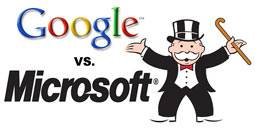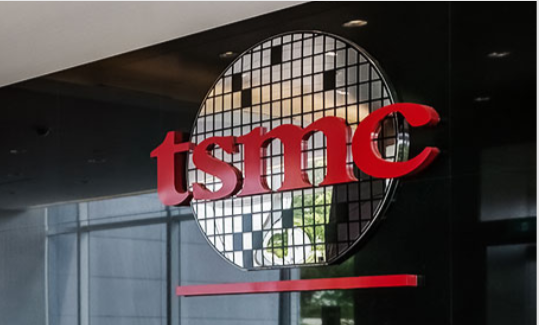Quick background: In April, Google sent a 50-page white paper to the US Department of Justice asserting that Microsoft was violating its 2002 antitrust settlement by not allowing outside desktop search engines (such as Google’s own Desktop Search application) to be installed in Windows Vista. Microsoft initially denied the claims, saying that users could indeed use Google’s application instead of their own, if not very easily, and assistant attorney general Thomas O. Barnett sided with the Redmond camp, writing a letter to state attorneys asking them to drop their investigations.

Then last week Microsoft agreed to make changes to the search application in Vista that would make it easier for consumers to install an outside default desktop search program. Google, however, wasn’t impressed. Monday, the search giant appealed directly to a federal judge saying that Microsoft had not done enough to mitigate their concerns.
Jonathan Zuck, president of the Association of Competitive Technology, called the intervention by Google a “PR stunt” (though as the Financial Times notes, his group generally sides with Microsoft), and I tend to agree. The Justice Department had already reviewed and dismissed Google’s complaint, and Microsoft had agreed to make concessions in an attempt to appease Google.
I don’t have a Vista machine or an OS X machine in my house to check (I have 5 computers that run Windows XP — not very helpful in this situation), but I chatted with a couple of friends who use Apple computers and they told me that OS X works essentially the same way: Apple’s Spotlight search is installed by default and can be changed if the user desires. I’m not an antitrust expert, but it seems to me that if a practice is considered anticompetitive, then no company would be allowed to utilize it. Since Google’s CEO Eric Schmidt sits on Apple’s board, not naming them in the complaint to the Department of Justice makes the whole thing feel a bit disingenuous to me.
Further, as Search Engine Land pointed out in May, users of Dell computers who mistype URLs (i.e., http://microsoft without the .com) are being redirected to pages laden with Google ads, as a result of a deal between the two companies. Search Engine Land’s Danny Sullivan argues that this practice makes Google appear hypocritical, especially given that the pages are served via a piece of software that is not clearly named and difficult to uninstall (removing the Google Toolbar that comes pre-installed apparently will not stop them).
Microsoft is not immune to the antitrust accusation bug either. In April, they urged the US government to investigate Google’s planned acquisition of online ad giant DoubleClick on antitrust grounds (the US Federal Trade Commission will be investigating). They argued that DoubleClick would give Google an unfair competitive advantage in the ad market. While I think both accusations, at least initially, have merit — the government should investigate anything that could potentially be anticompetitive — I also think they make each company look a bit petty. Especially Google, who has persisted after the government essentially dismissed their complaint, by taking the unorthodox step of appealing directly to the federal judge charged with keeping tabs on Microsoft.
What do you think? Is Google’s antitrust complaint justified or just a PR stunt? How about Microsoft’s? Leave your thoughts in the comments below.
Update: I want to issue a retraction for part of my post above. While I still feel the ultimate conclusion that the actions of each company feel petty to a consumer like myself, I was wrong regarding one part of my post. The great thing about writing a blog is that if you make a mistake, your readers always make sure you know about it.
After speaking with a pair of law school professors (one from the University of Chicago and another from the University of Wisconsin), and to Jonathan Zuck, of the Association of Competitive Technology, who was mentioned above, I think I have a somewhat better grasp on antitrust law. I was under the mistaken impression that if a practice was deemed anticompetitive (such as bundling software that was hard to replace and limiting consumer choice), it would be disallowed regardless of market share. However, the current set of competition laws in the US apparently greatly rely on the market power of a company before they kick in. Further, Microsoft has to additionally abide by the settlement from their earlier antitrust case in 2001.
So my notion that Google appeared to be side-stepping an identical issue with Apple while targeting Microsoft, was wrong, at least insofar as the law is concerned. I think ultimately I tend to take issue with the laws on the books. I find it somewhat discouraging that smaller companies may be able to utilize business tactics that are generally considered to be harmful to the consumer (such as, for example, blocking third party applications in favor of their own) due to their smaller market size. But I also want to thank our readers for keeping me honest.










